Panel Discussion "Future supply chain relations"
Panel Discussion "Future supply chain relations"
On November 25th the panel discussion “Future Supply Chain Relations: Producing Countries’ Perspectives and Expectations” took place virtually as part of the 6th Members Meeting of the Partnership for Sustainable Textiles (PST).
The aim of the panel was to shed light on the diverse perspectives in the textile and garment producing countries regarding current and future supply chain relations and the disruptions thus far experienced due to COVID-19. Together with five panelists Jürgen Janssen, head of PST secretariat, reflected on expectations and perspectives on what a “new normal” can and should look like. You find the recording of the panel discussion at the bottom of this page. The graphic recording contains the central discussion points and results:
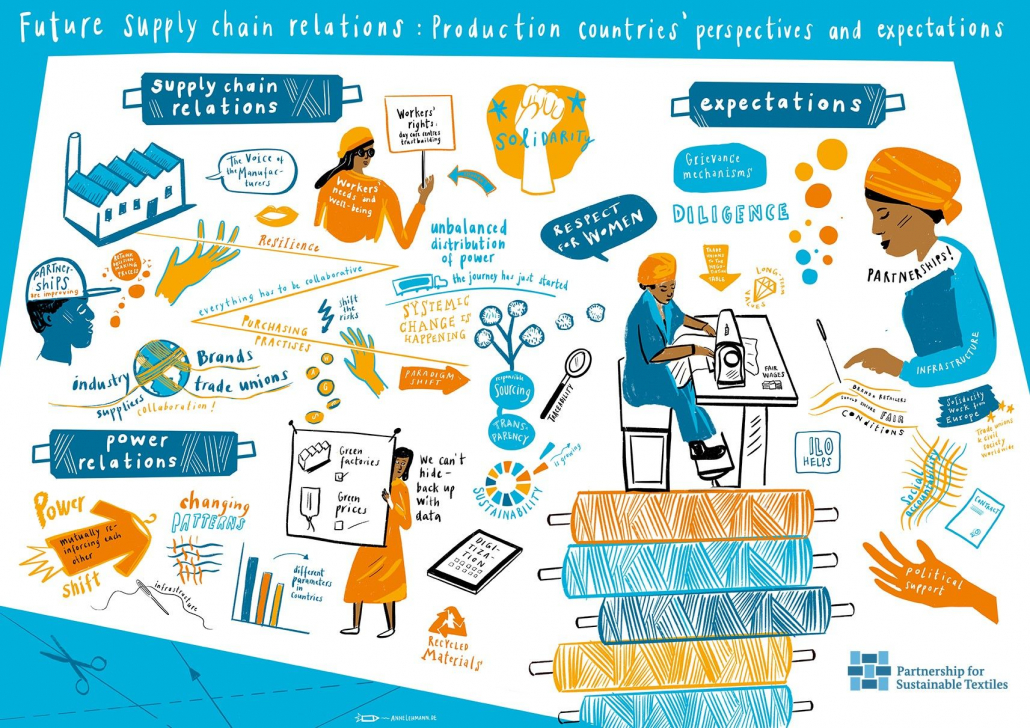

Saskia Hedrich of McKinsey Apparel and Luxury division set the scene for the panel discussion by sharing empirical results of McKinsey’s recent industry research report"Time for change: How to use the crisis to make fashion sourcing more agile and sustainable".Looking beyond the crisis, Saskia Hedrich shared insights into the changes that the industry is currently experiencing, and the opportunities McKinsey sees for a systemic transformation.
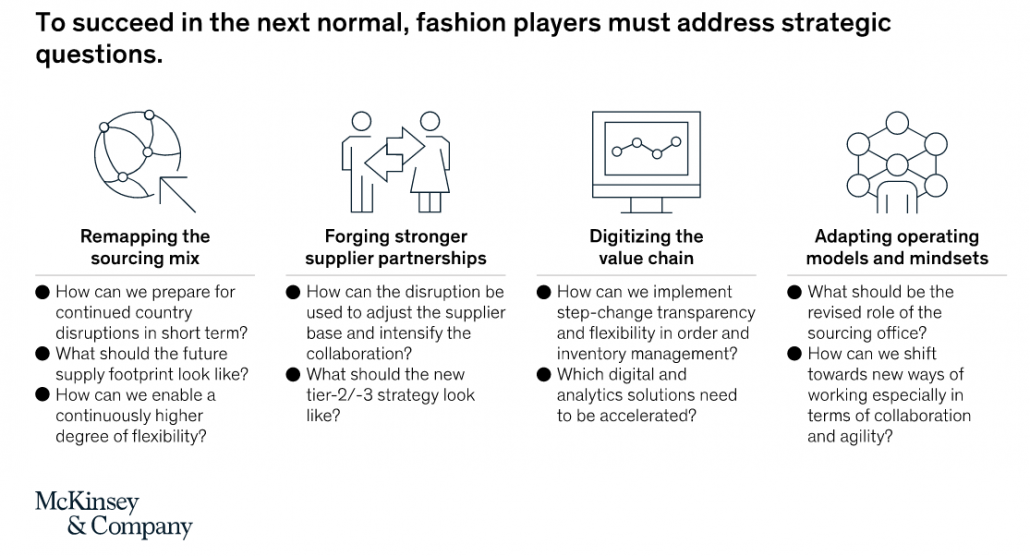
Opening the panel discussion, the president of the Bangladesh Garment Manufacturers and Exporters Association BGMEA, Dr. Rubana Huq,clearly identified a power imbalance in current supply relations to the detriment of suppliers as key roadblock that needs to be addressed if the industry is to truly transform itself. Dr. Huq expressed the relevance of achieving a ‘power optimization’, where no one actor is powerless but rather all stakeholders are treated fairly and change is achieved collaboratively.
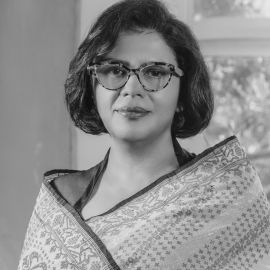
Despite the expected uncertainty in demand of the coming months, Dr. Huq remains hopeful as she sees that difficult conversation amongst all stakeholders are gradually taking place. Amongst Dr. Huq’s expectations from German/European Governments are support in the areas of unemployment funding schemes, including social security and payment guarantee schemes.

Herman Leung (DAKOTA Garment Group’s Head of Operations) placed great emphasis on the need to re-think the decision-making processes between buyers and suppliers in a more collaborative way. Mr. Leung further expressed a need to change the mind-set in how the industry places orders and spoke about the importance of ‘order patterns’ and the chain reaction which trickles down the supply chain when slight deviations take place at the top.
When asked about which steps could be next in order to improve supply chain relations, Mr. Leung addressed the need to make bigger investments in sustainability. These investments, in his opinion, must have an all-encompassing approach since they do not solely entail new production methods but also the re-education of the consumer and the reputation improvement of recycled materials vis-à-vis virgin materials. All in all, Mr. Leung was optimistic of an upcoming change towards improvement in supply chain relations and highlighted the significance of including the workforce when driving change.
Awaj Foundation’s Founder and Executive Director, Nazma Akter was a fervent spokesperson for workers’ rights, equal treatment, especially for women workers. She highlighted the hardship that many Bangladeshi workers are currently experiencing due to the crisis. Ms. Akter, emphasized both the need to allow changes along the supply chain to happen based on a bottom-up approach and a need to shed more light on irresponsible buyer behavior that focusses solely on profit and not on the well-being of all stakeholders. Ms. Akter voiced that she expects transparency, partnership and joint action amongst all stakeholders as key drivers for change.
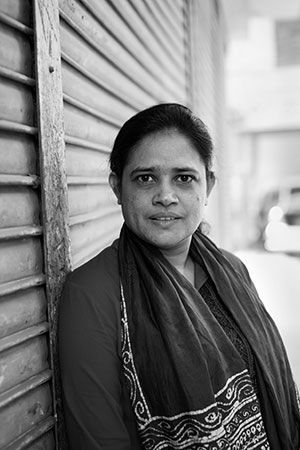
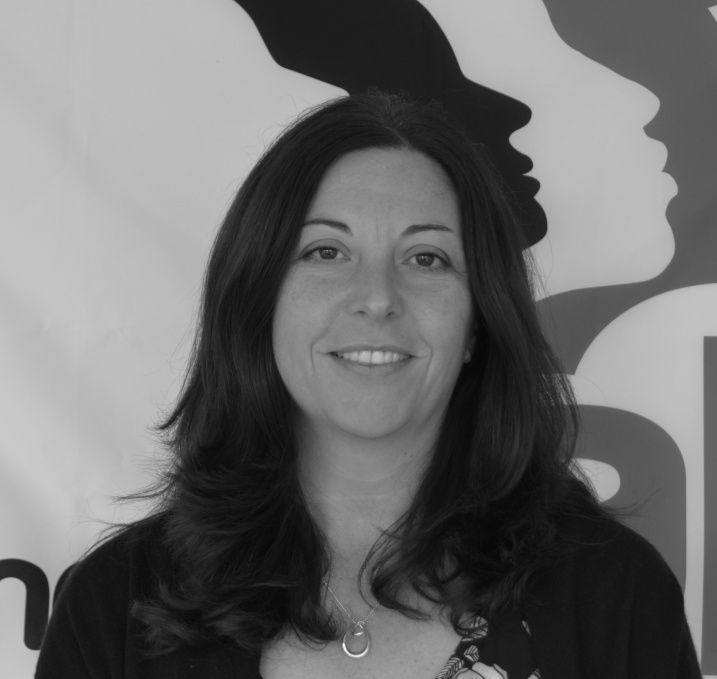
Ms. Christina Hajagos-Clausen, Director, Textile and Garment Industry of IndustriALL noted that in her view a shift in supply relations has already begun to take place. IndustriALL already before the crisis has been forcefully working to foster industrial relations across the industry convening trade unions, suppliers and brands.
According to Hajagos-Clausen, establishing relations not only between trade unions and employers but also between suppliers and brands will be a key driver of change. In her view it is imperative to giving a voice to both workers and suppliers at the same time as holding brands accountable on their purchasing practices.
Mr. Mathijs Crietee, Secretary General at International Apparel Federation (IAF) noted that the industry is in dire need both figuratively and literally of a new (social) contract. To help draw up new contractual bases for supply chain relations, IAF is now working together with the STAR Network (Sustainable Textile of the Asian Region) which is the first inter-Asian network of producer associations to define what practices from a producers perspective are needed to allow the industry to become more sustainable and resilient.


A response from BMZ by PSt Dr. Maria Flachsbarthsummarized the government’s take on key aspects of the panel discussion:
“In order to minimize negative effects on production companies, compliance with corporate due diligence obligations and a close and trusting dialog between brands and suppliers are essential. As mentioned by the panelists fair purchasing practices should characterize these relationships. […] The textile sector is a key sector – the BMZ is helping with the Emergency COVID-19 Support Programme. One of our goals is to save jobs, and support companies. Together with the International Labour Organization ILO we are also providing direct support to textile workers: by means of pandemic prevention measures at the workplace or temporary wage subsidies, especially for women. […] Now, more than ever, we need to set the course, including in the textiles industry, for a recovery of the global economy that is based on a new paradigm of sustainability and fairness. […] Together with the Textiles Partnership we are working towards a “new normal”: People around the world are to be able to work under fair conditions while measures are taken to protect the environment.”


